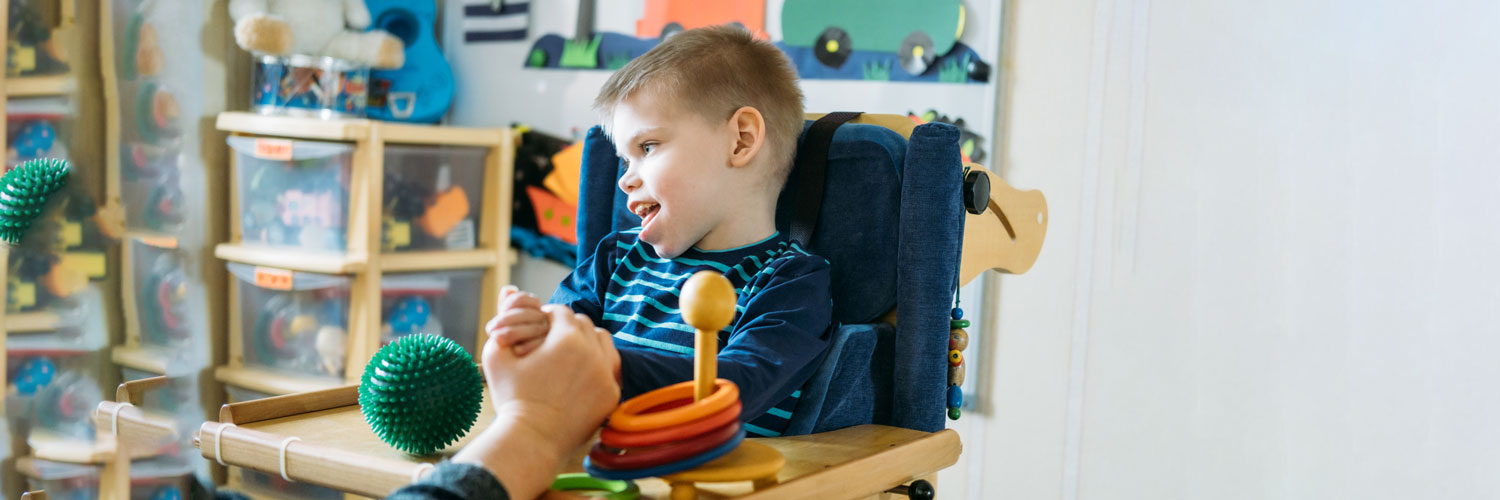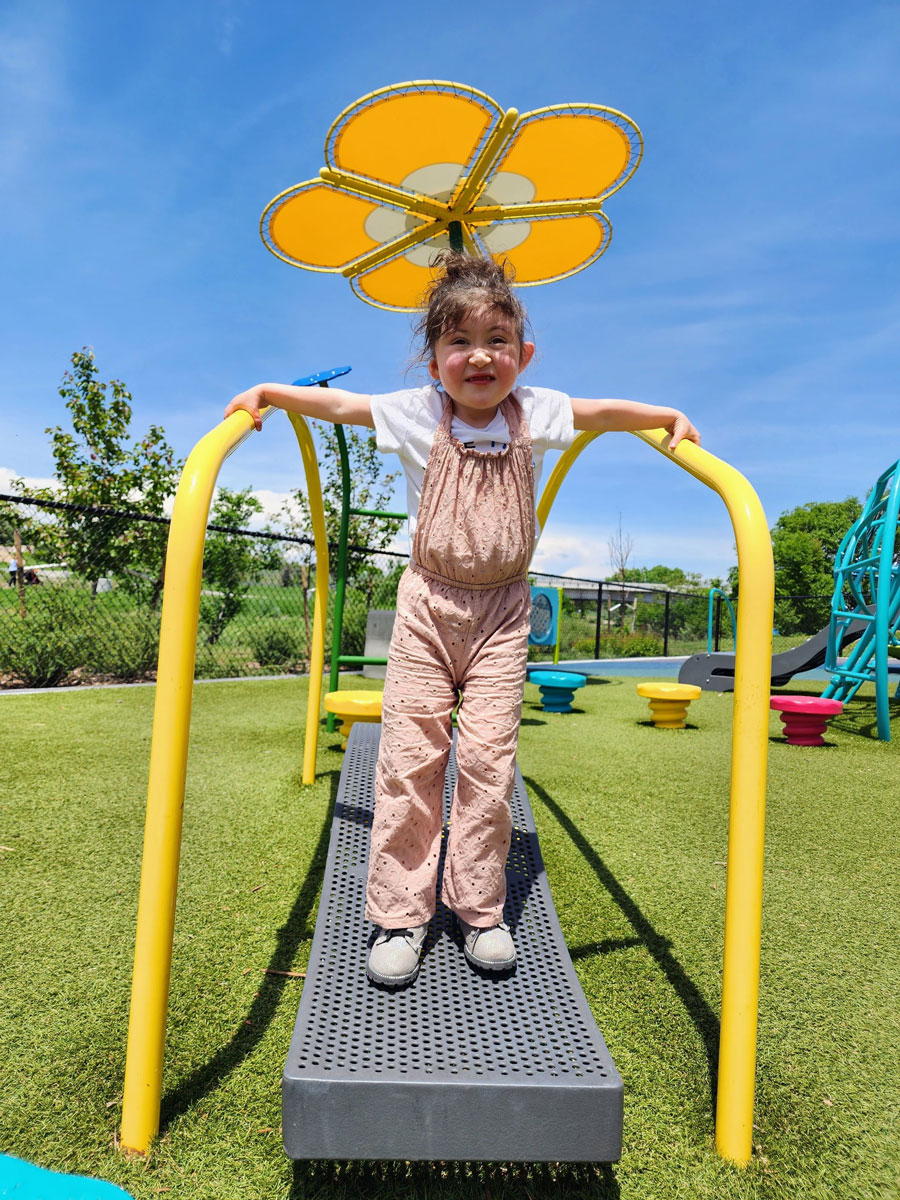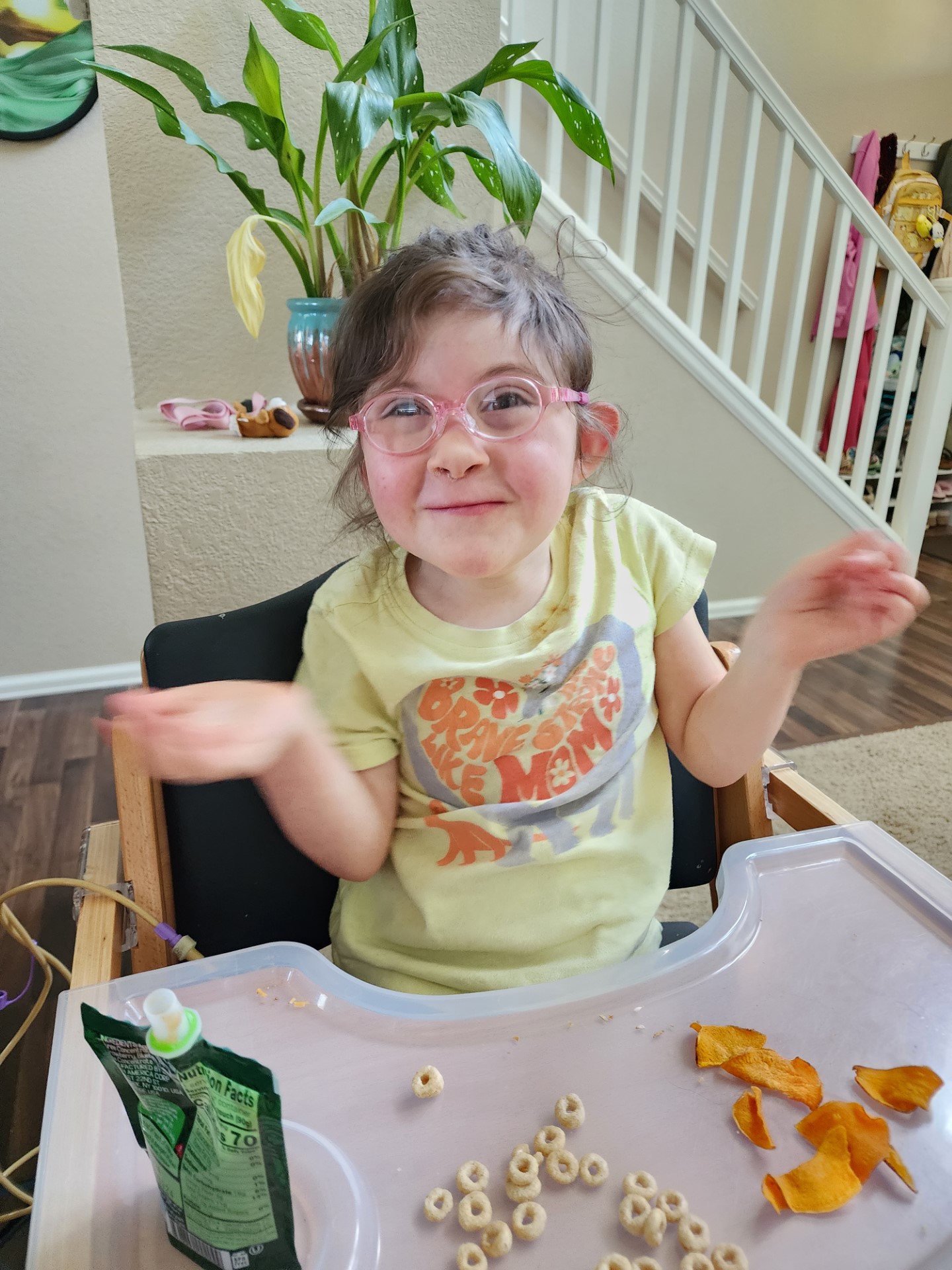What is Pediatric Occupational Therapy?
Pediatric occupational therapy is a type of therapy that helps children develop and improve the skills they need for daily living, learning, and playing. It can help children who have physical, cognitive, sensory, or emotional challenges that affect their ability to function at home, school, or in the community.
Some examples of skills that pediatric occupational therapy can help with are:
- Fine motor skills: using the small muscles of the hands to do tsks like holding a pencil, cutting with scissors, buttoning a shirt, or tying shoelaces.
- Cognitive skills: using the brain to think, remember, solve problems, and follow instructions.
- Social and emotional skills: interacting with others, expressing feelings, coping with frustration, and managing emotions.
- Activities of daily living: doing self-care tasks like dressing, feeding, grooming and toileting.
- Pre-writing and writing skills: developing the hand-eye coordination, visual perception, and motor planning needed to write letters, words, and sentences.
- Sensory processing: regulating the sensory input from the environment and the body, such as touch, sound, smell, taste, sight, and movement.
- Feeding: helping children with oral motor skill development and with behavioral or sensory feeding difficulties
Pediatric occupational therapists are trained professionals who work with children and their families to assess their needs, set goals, and provide individualized interventions. They use a variety of methods and tools to help children learn and practice new skills, such as games, toys, crafts, exercises, and adaptive equipment. They also provide education and guidance to parents, and caregivers on how to support their child’s development and participation in daily activities.
How do I know if my child would benefit from Occupational Therapy?
Pediatricians typically complete developmental checklists during regularly scheduled well visit appointments. Your pediatrician will discuss your child’s progress with you and will give you recommendations when a child is falling behind. Pediatricians will sometimes make recommendations for Occupational Therapy when progress to milestones is delayed, an injury occurs, or after surgeries.
There are also many developmental checklists that are readily available on-line so that you can track your child’s progress on your own. Developmental checklists are tools that will help you to know what skills are typically mastered for children of the same age group. As a courtesy, All for Kids Home Health has made these developmental checklists available to you by clicking the link below. Please note that these tools are not a substitute for a skilled, standardized assessment by a licensed healthcare professional.
How can I get therapy started for my child?
There are several ways to initiate occupational therapy services.
1. Physician Referral – If your physician has ordered occupational therapy for your child, All for Kids Home Health can schedule an in-home evaluation. The Occupational Therapist will work with you to develop a treatment plan and determine a therapy schedule that works best for you.
2. Self-Referral – If you think your child might benefit from occupational therapy services, you can call our intake department to get the process started. An occupational therapist will call you to discuss your concerns and determine if an evaluation is needed. All for Kids Home Health will call the pediatrician’s office to get a referral. Once the referral is received, the occupational therapist will complete an in-home evaluation to determine specific needs and will work with you to develop an individualized treatment plan and therapy schedule.













